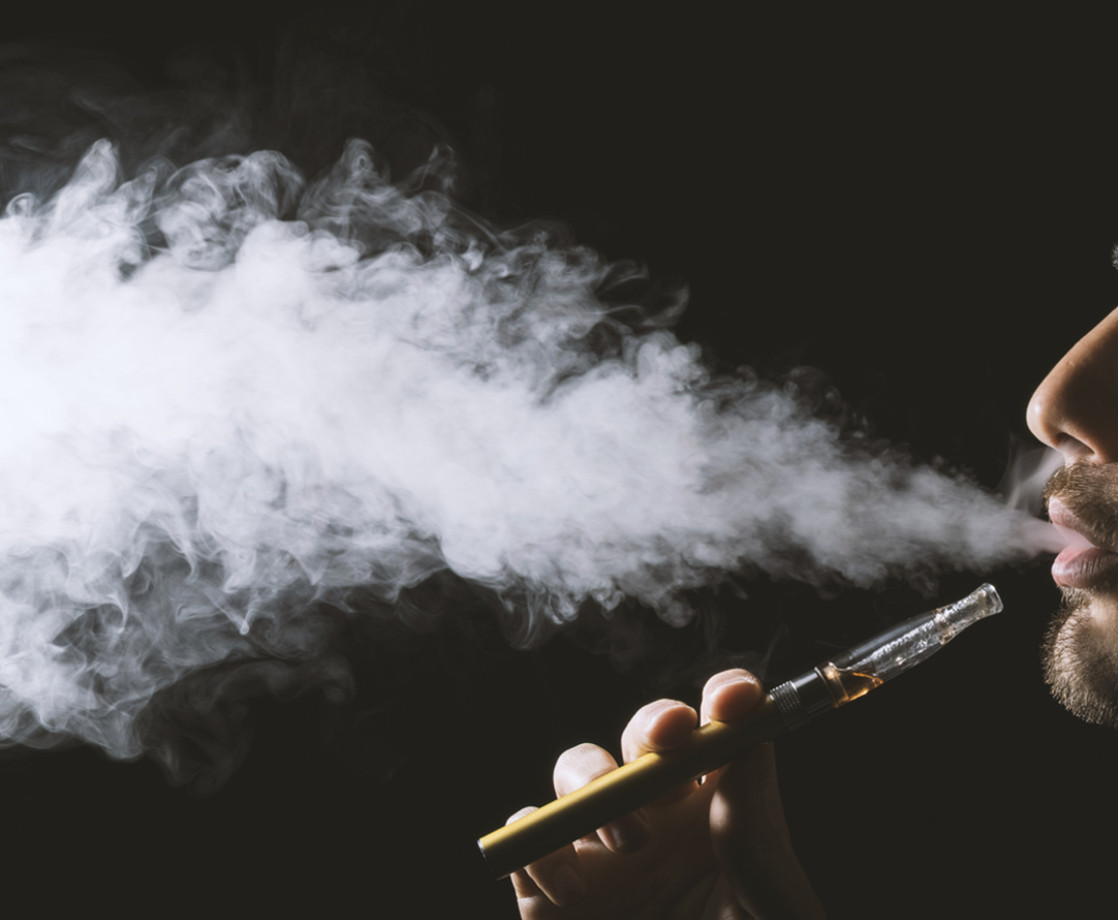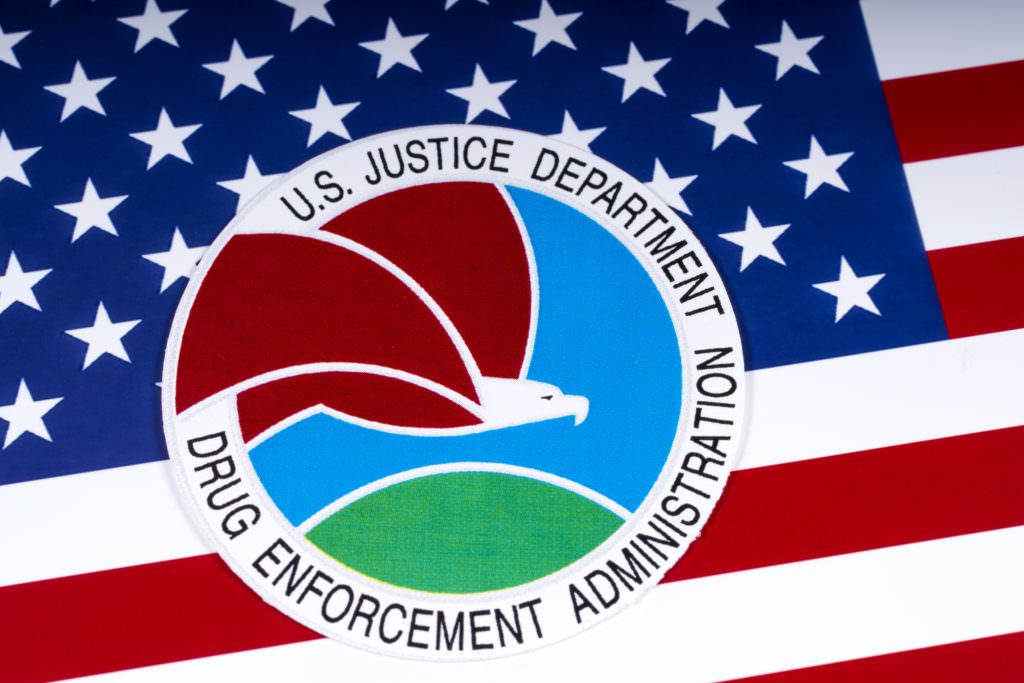Photo via iStock
Slowly but surely, New Jersey officials are working to expand access to medical — and eventually, recreational — cannabis. Governor Phil Murphy promised to legalize adult-use marijuana during his first 100 days in office, but has so far been unable to drum up enough legislative support to make his goal a reality. In the meantime, Murphy has worked with lawmakers to expand the state's medical cannabis program, which was crippled by former Gov. Chris Christie, a notorious opponent of cannabis reform.
Last week, the state Department of Health waived a previous rule that prevented medical marijuana providers from selling vape cartridges loaded with cannabis concentrates. Two of these providers have already requested permission to sell these products, and one of the companies — Bellmawr-based Curaleaf New Jersey — was ready to begin sales immediately. The state previously only allowed cannabis flower, oral lozenges, and topical oils, but assistant health commissioner Jeff Brown told NJ Advance Media that the health department is “always open to accepting ideas and applications for products.”
Brown said that the decision was part of an ongoing plan to increase the number of approved medical marijuana products to supply the state’s rapidly growing number of patients. This summer, state officials greatly expanded the number of qualifying conditions for its medical marijuana program, and the number of registered patients has almost doubled from 16,000 this January to over 30,000 today. To meet the growing demand, the state also doubled the number of licensed dispensaries from six to twelve.
While the Garden State's medical cannabis industry continues to expand, a bill for adult-use legalization remains mired in debate. State Senate President Steve Sweeney has said that he believes his fellow lawmakers are finally ready to support legislation to create a legal adult-use market, which he predicts will pass before the end of the month. There are still numerous details that need to be worked out, though, including the tax rate that will be levied on legal weed sales. Sweeney has advocated for an extremely low tax rate, which will keep prices down, while ideally encouraging Jersey residents to choose legal weed over cheaper black market grass.
The current draft of the legalization bill reportedly sets a retail tax rate of 10%, significantly less than the 37% tax rate imposed by Washington State, and even lower than the 10.75% tax rate in Massachusetts. The Murphy administration, which was counting on a tax rate of 25% to boost the state's coffers, has reportedly balked at this deep cut. “The bill has 10 percent. That makes zero sense to me,“ an anonymous official in the Murphy administration told POLITICO. “All along, we’ve been talking to them about a tax rate in the 25 percent range… Pro-legalization advocates in the Legislature and administration agree that setting too high a tax would allow the state's black market to continue to thrive.” Although officials agree on this issue generally, legislators have yet to decide whether or not 25% is “too high” for the Garden State.











